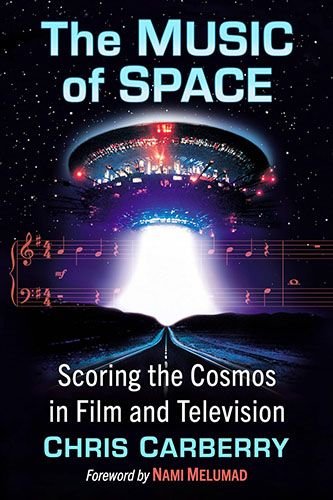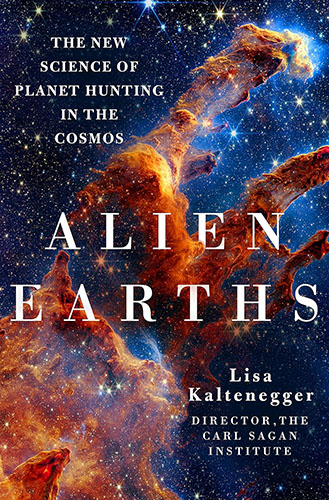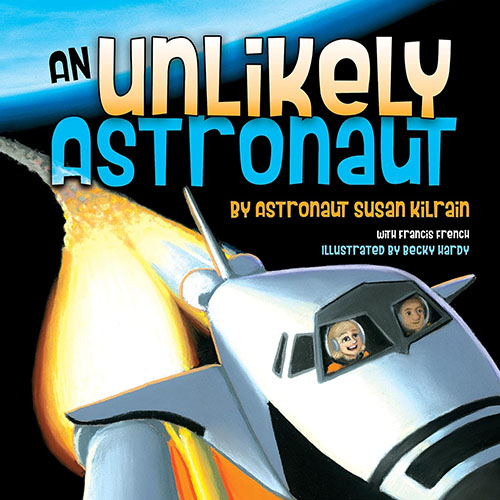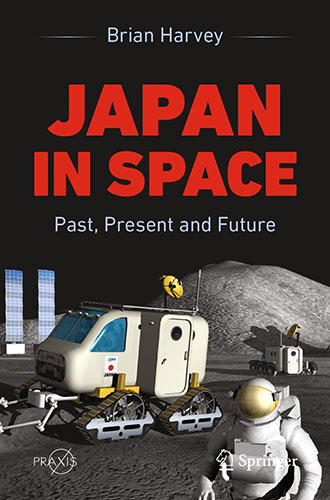The Age of Oil is ending where it began in Pennsylvania as G20 leaders agree to phase out fossil fuel subsidies. Since U.S. subsidises fossil fuels 2.5 times more than renewables. While the effect of phasing out fossil fuel subsides may take a decade or more to have noticeable effect. It does start to tip the playing field in favor of space solar power. It is really hard for the new kid to compete against the huge established players when the established players are subsidized.
In Cassandras of Climate By PAUL KRUGMAN in The New York Times, makes a point which illuminates why it is so hard to get space solar power taken seriousl.
the industries of the past have armies of lobbyists in place right now; the industries of the future don’t.
Nor is it just a matter of vested interests. It’s also a matter of vested ideas. For three decades the dominant political ideology in America has extolled private enterprise and denigrated government, but climate change is a problem that can only be addressed through government action. And rather than concede the limits of their philosophy, many on the right have chosen to deny that the problem exists.
Hopefully soon our leaders will begin to actually fund space solar power development. Considering that research into wood has received more money than space solar power, any criticism of space solar power as being too expensive or that launch costs are too high is premature. Space solar power is now at the technological development level of Hero of Alexandria’s steam engine. Space solar power is a seed kept dry without dirt or light. We will never know if it can become a competitive power source until it gets a reasonable level of development funding.
Space solar power is getting much more interest lately. The Space Solar Power Face Book Fan Page now has over 800 members. Here are two new books in which Space Solar Power is discussed.
Turning Point by Douglas Mallette
and
Energy Crisis: Solution From Space by Ralph Nansen


















